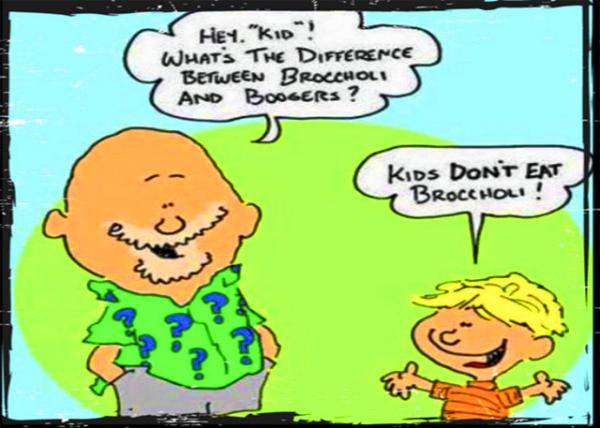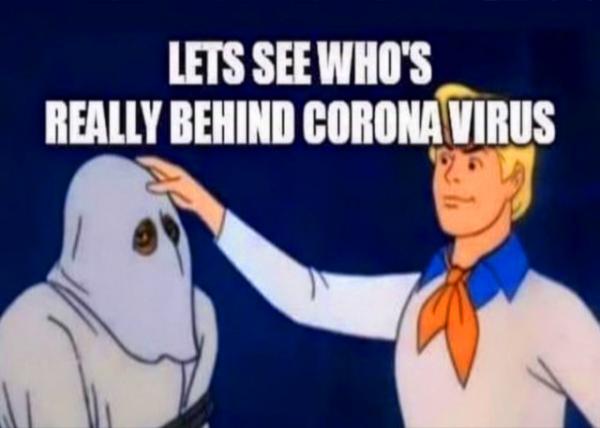2020-07-25
【Aiden in English】
I recently wrote a small paragraph as an example for my 2020 summer writing class. It went like this. I've always had this heavy question weighing down my conscience: Where do our boogers go? As children, we constantly excavated the tunnels, cleansing them of gold and other nuggets of inhaled particles; however, as teenagers, such meticulous cleaning occurs much less. This tendency raises the question: Where do our boogers go? Do they disappear? That can't be true. They must go somewhere. Do they burrow into the pores, never to be seen again? That also can't be true because such behavior would likely harm our health, and doctors would encourage people to engage in healthy habits, such as brushing their teeth. This is indeed a mystery for the ages. Only the wise and powerful Google can solve this very scientific inquiry. Of course, this paragraph was intended to be educational only for the writing department (I've edited the language and removed any intentional errors I introduced as part of the lesson); however, I enjoyed writing about this topic. It's funny, at least to a young audience, but I can easily see John Mulaney performing stand-up with a similar theme, using a 1950s voice and rocking a 1960s suit. The topic of this blog (thank you for reaching this point) is how I recently discovered an innate nature of humor. Although many of us have reached this conclusion subconsciously at a very young age, perhaps even in preschool, I've never put the thought into words. Humor is found at the edge of knowledge. Stuck at home due to the COVID-19 pandemic, I've watched countless stand-up specials, from the hilarious and fluffy Gabriel Iglesias to the equally hilarious but much more straightforward Pete Davidson. It amazed me how well the crowd followed their thoughts: one used a childish accent to set moods and characters, and the other invoked a saltine-cracker-level of dryness that had me rolling in fits. Yet, in both instances, the comedians seemed to be on the same level as the audience's knowledge. So, back to my point on my lesson for the class. The humor within the paragraph would've quickly been extinguished with an efficient search on Google (though your friendly FBI/NSA agent would be given quite the surprise). Instead, I approached the topic as an unknowing student, much like my audience. While normal people might not find such writing funny, I was able to draw laughter from my class of immature 13-year-olds. A doctor would've quickly shot down my inquiry with a simple response, but what's the fun in that? Looking back on every stand-up, it appears that each has taken the stance of not knowing any more than their respective watchers. This way, when a scenario is developed, the comedian holds equal views as a generic audience member. When we were all kids, the funny class clown (because there often are not-funny clowns) always had a knack for making everyone laugh. In my case, the designated humor figure was a part of the gifted program, but he always displayed intentional signs of averageness. It wasn't until middle school that I realized there was no way to achieve humor from the perspective of a brilliant comedian, and it wasn't until now that I could put this idea into words. 【紅霞譯】 最近我為自己開設的2020年夏令班寫了如下作文範例。
我意識到自己始終被這個沉重的問題所困擾,鼻衄究竟哪去了?兒提年間,我們不停地挖鼻孔,總要把金子般的尤物及其填塞玩意掃除乾淨;可一旦到了青少年時期,我們不再忙着堅壁清野,問題在於:鼻衄到底去哪了?
鼻衄消失了?肯定不對,它們一定呆在什麼地方,難道躲進鼻孔藏了起來?肯定也不對,這樣勢必危害到我們的健康,而醫生免不了鼓勵大家像保護牙齒一樣保護身體。 這確實是千古之謎,唯有神通廣大的谷歌才能解決如此科學的問題。
當然,上述短文僅在寫作教研室才具有教育意義(我已經修改措辭並去掉了用於教學而故意添加的錯誤);然而,我非常愛寫這種題材,至少年輕聽眾喜歡,在約翰·木蘭尼的單口秀中我很容易找到共鳴,他操持上個世紀50年代的語調,而且身着60年代酷肥西服,很有派頭。
這篇博文的標題(感謝你讀到這裡)是關於近來我如何發現幽默天性的,儘管不少人也許早在幼兒班就已經下意識地感覺到,但我從未用文字表達內心想法。
幽默處在知識的邊緣。被新冠肺炎疫情困在家裡的日子,我看過無數個單口秀專場表演,從譁眾取寵的加百列·伊格萊西亞斯到同樣搞笑卻又更…更…加爽快的皮特·戴維森,包羅萬象。令我驚喜的是,有多少觀眾迷翻版山寨品:有人靠幼稚的口音拿捏情緒和塑造性格,也有人用威化脆餅的清賞乾貨來打動我,綜上兩個例子,喜劇演員恐怕一直都要詮釋觀眾認知的素材。
繼續談論我課堂上的話題,段落中的幽默經不住谷歌上高效搜索(儘管讓和藹可親的美國聯邦調查局/國家安全局特工大吃一驚)。如同班上每位同學,我也不熟悉這個話題,雖說老百姓並非對寫作感興趣,但本人還是能從一位13歲、乳臭未乾的寫作班上找到知音。
醫生本來可以用簡約答覆即刻回絕我的質疑,但這麼做樂趣何在。回顧每場單口秀,似乎人人都對幽默小品沒有過多了解,因此當節目進行到一定程度,喜劇主持人會像普通觀眾那樣體驗相同感受。 小的時候,班上滑稽小丑(因為常有無趣小丑)總有讓人開懷大笑的訣竅;在我的特例中,頗具代表性的幽默人物來自資優班,他總是喜歡用鄙俗的風調來表現詼諧。長到初中,我開始意識到幽默沒法僅靠聰明的喜劇演員單方面努力。直到現在,我才能將思想轉化成語言。 Today in History(歷史上的今天): 2019: Nanjing—Ever Cry, Never Life(南京—話別無長夜) 2014: YMCA Camp—Outdoor Pool-3(基督教青年會營戶外戲水池之三)
 Boogers (鼻屎) Boogers (鼻屎)
 Humor (幽默) Humor (幽默)
Crosslinks(相關博文): 2020 Free Summer English Writing Class(暑期免費英文寫作班) 11th Grade(高中三年級) |
